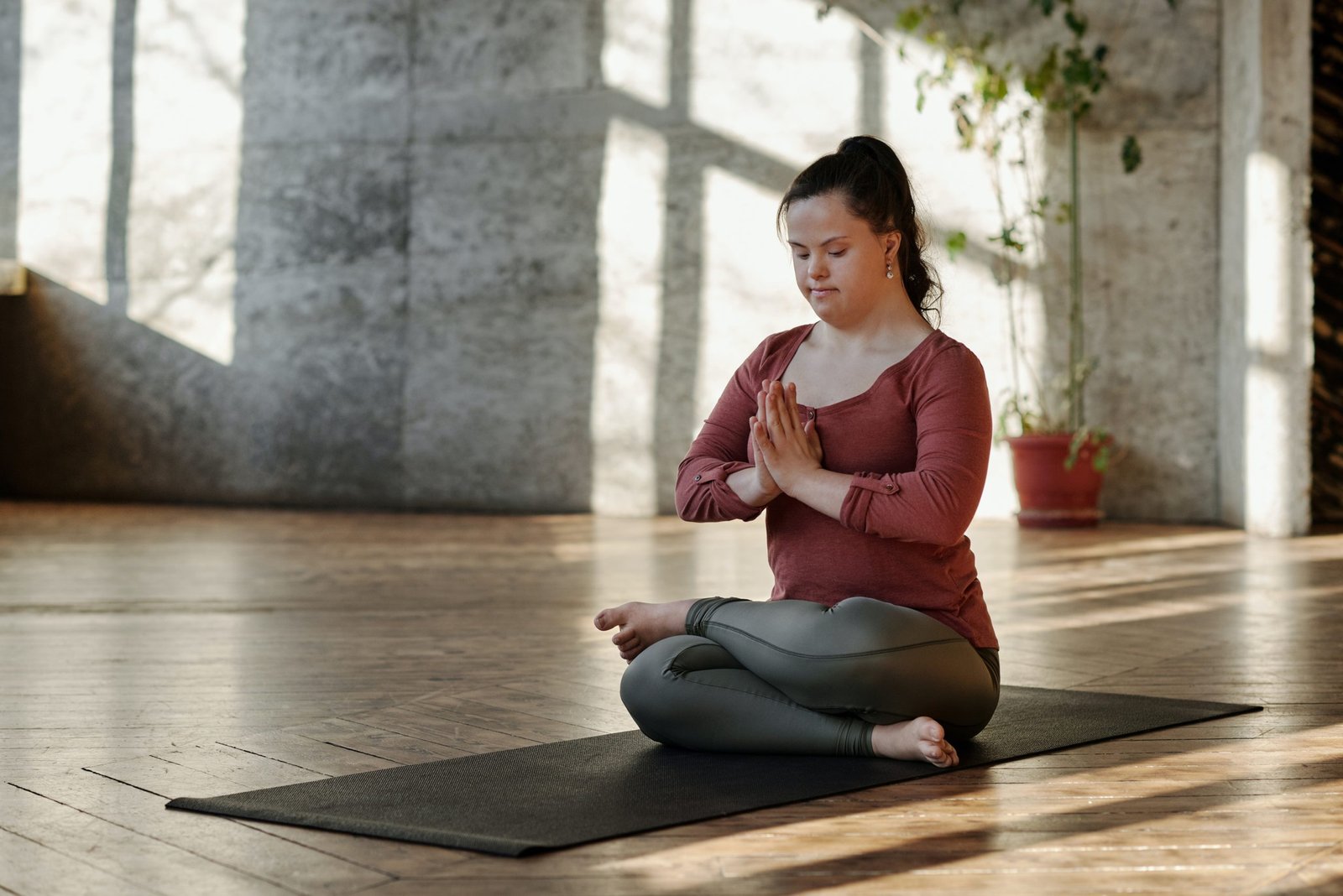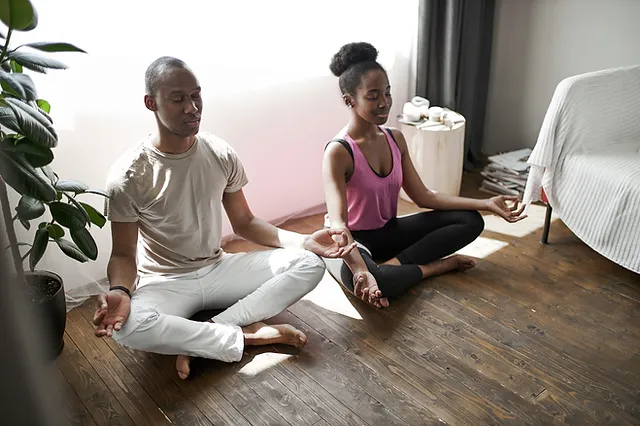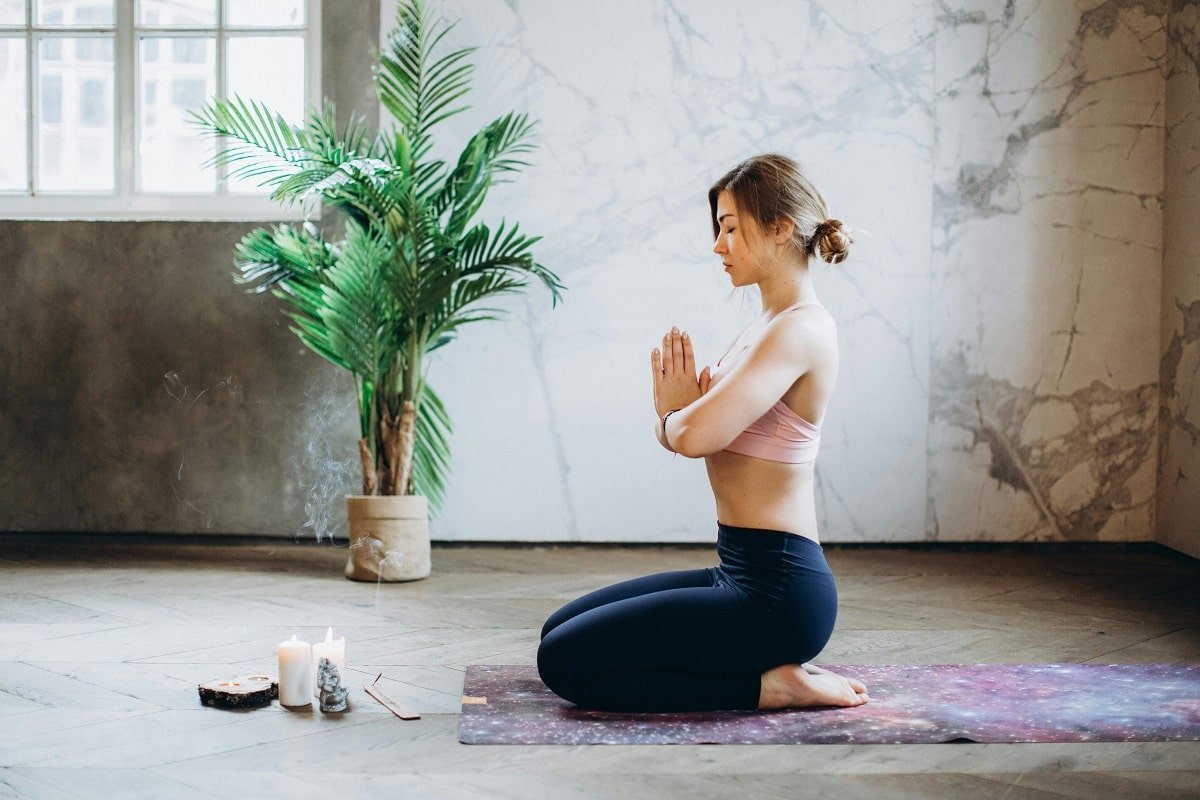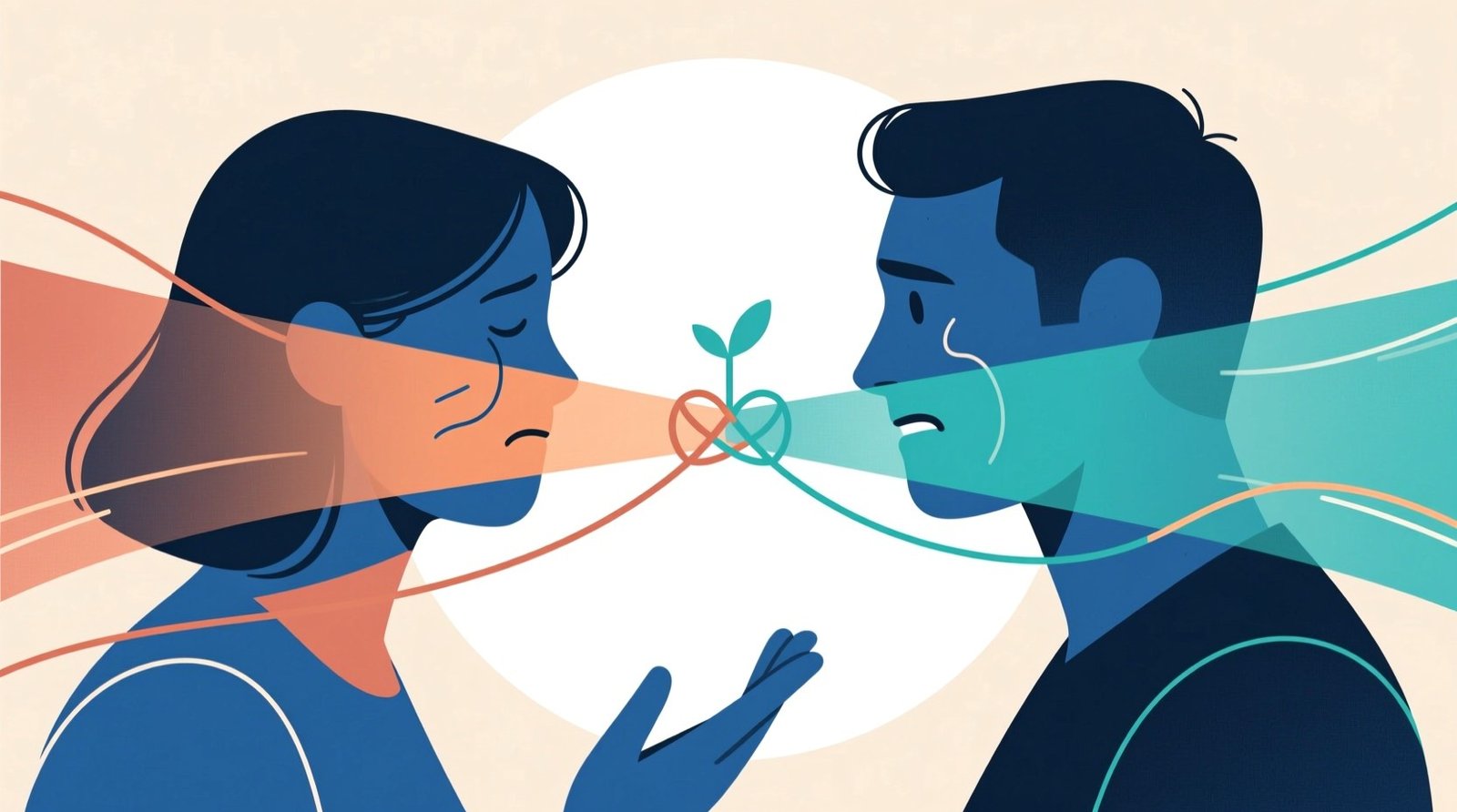Discover 5 Effective Techniques to Alleviate Anxiety and Stress
Anxiety and stress are common experiences that can have a significant impact on our mental and physical well-being. Fortunately, there are numerous techniques and strategies that can help alleviate anxiety and reduce stress. In this article, we will explore ten proven techniques for anxiety relief and stress reduction.
1. Guided Meditation for Anxiety
Guided meditation is a powerful tool for calming the mind and reducing anxiety. By listening to a trained meditation instructor, you can learn to focus your attention and let go of worrisome thoughts. Regular practice can help rewire your brain and cultivate a sense of inner peace.

A structured approach to meditation can help you focus on the present, calm your mind, and alleviate stress. Here’s a summary of what such a meditation session might look like, based on the guidance provided by Mindful and Chopra:
| Phase | Duration | Description |
|---|---|---|
Preparation |
2-3 minutes | Begin in a comfortable seated position, close your eyes, focus on your breath, and relax into the moment. |
Breathing and Centering |
5-10 minutes | Inhale and exhale slowly, inviting calmness into your body and mind, possibly repeating “calm” silently. |
Awareness and Acknowledgment |
5 minutes | Acknowledge feelings of anxiety or stress without judgment, observing emotions and physical sensations. |
Guided Visualization |
5-10 minutes | Imagine floating above your life’s timeline to a point post-successfully overcoming an anxiety source, noticing its absence. |
Reflection and Return |
3-5 minutes | Gradually return to the present, reflecting on the calm and absence of anxiety, then open your eyes when ready. |
Closing Thoughts |
1-2 minutes | Conclude with deep breaths, affirming your ability to manage and reduce anxiety through mindfulness and meditation. |
2. Natural Anxiety Remedies
There are several natural remedies that can help alleviate anxiety symptoms. These include herbal supplements like chamomile and lavender, as well as essential oils such as lavender or bergamot. Additionally, incorporating regular exercise, a healthy diet, and adequate sleep into your routine can have a positive impact on your overall well-being.
| Strategy | Description |
|---|---|
L-theanine Supplements/Tea |
Take L-theanine supplements or drink black/green tea. |
CBD Oil |
Use CBD oil for its calming effects without psychoactive properties. |
Complementary Therapies |
Engage in therapies like acupuncture, animal therapy, and aromatherapy. |
Meditation |
Practice meditation regularly to manage stress and anxiety. |
Journaling |
Maintain a habit of journaling to express and manage feelings. |
Outdoor Activities |
Spend time in nature to improve mental well-being. |
Reduce Caffeine |
Limit caffeine intake to decrease anxiety symptoms. |
Herbal Teas |
Drink chamomile or lavender tea for their calming properties. |
Physical Exercise |
Include regular exercise in your routine to reduce anxiety. |
Laughter and Humor |
Embrace laughter to release endorphins and improve mood. |
Quit Smoking |
Stop smoking to avoid anxiety-inducing effects of nicotine. |

3. Mindfulness for Stress Relief
Mindfulness involves paying attention to the present moment without judgment. By practicing mindfulness, you can become more aware of your thoughts and emotions, allowing you to respond to stressors in a more calm and rational manner. Mindfulness techniques, such as deep breathing exercises and body scans, can help reduce anxiety and promote relaxation.
| Hint | Description |
|---|---|
Focus on Breathing |
Concentrate on your breath; inhale and exhale slowly and deeply. |
Observe Your Surroundings |
Notice the details around you using all your senses. |
Practice Mindful Eating |
Eat slowly, savoring each bite, and pay attention to flavors and textures. |
Engage in Mindful Movement |
Perform physical activities like walking or yoga with full awareness of your body. |
Allocate Quiet Time |
Dedicate time for silence to clear your mind and reduce stress. |
Acknowledge Your Feelings |
Recognize and accept your emotions without judgment. |
Perform Body Scans |
Pay attention to different parts of your body and notice any sensations or tensions. |
Use Mindfulness Cues |
Set reminders to bring your attention back to the present moment throughout the day. |
Reflect Daily |
End your day with reflection on what you experienced, felt, and learned. |
Practice Regularly |
Make mindfulness a consistent part of your daily routine to enhance its stress-relieving benefits. |

4. Cognitive-Behavioral Therapy (CBT)
Cognitive-Behavioral Therapy is a widely recognized and effective treatment for anxiety disorders. CBT helps individuals identify and challenge negative thought patterns and develop healthier coping mechanisms. Working with a trained therapist can provide valuable support and guidance in overcoming anxiety.
| Technique | Description |
|---|---|
Cognitive Restructuring |
Identifying and challenging negative thought patterns. |
Behavioral Activation |
Engaging in activities to improve mood and reduce anxiety. |
Exposure Therapy |
Gradual exposure to feared objects or situations to reduce fear. |
Problem-Solving |
Developing strategies to cope with and solve problems. |
Journaling |
Writing thoughts and feelings to understand and evaluate them. |
Relaxation Training |
Techniques like deep breathing, meditation, or progressive muscle relaxation to reduce stress. |
Mindfulness |
Focusing on the present moment to decrease negative reactions to stress. |
Assertiveness Training |
Learning to communicate clearly and assertively. |

5. Holistic Approach to Depression and Anxiety
In addition to traditional therapies, holistic approaches can also be beneficial for anxiety relief. These may include practices such as acupuncture, yoga, and massage therapy. These holistic techniques can help reduce stress, promote relaxation, and improve overall well-being.
| Technique | Description |
|---|---|
Nutrition and Diet |
Focus on a balanced diet rich in nutrients to support mental health. |
Physical Activity |
Regular exercise to boost mood and reduce anxiety. |
Sleep Hygiene |
Establishing routines to improve sleep quality. |
Mindfulness and Meditation |
Practices to promote presence and reduce stress. |
Social Support |
Building and maintaining strong, supportive relationships. |
Herbal and Natural Supplements |
Using vitamins, minerals, and herbs to support mental well-being. |
Creative Therapies |
Engaging in art, music, or writing as expressive outlets. |
Acupuncture and Massage |
Traditional techniques to relieve stress and improve mood. |

Conclusion
Managing anxiety and reducing stress is essential for maintaining good mental health. By incorporating these ten proven techniques into your daily routine, you can take proactive steps towards finding relief. Remember, everyone’s journey is unique, so it’s important to find the strategies that work best for you. Whether it’s guided meditation, natural remedies, mindfulness, therapy, or holistic approaches, there is a solution out there to help you overcome anxiety and achieve a greater sense of calm and well-being.
For more insights and tips on maintaining a healthy lifestyle, including advice on nutrition, exercise, mental wellness, and more, you can visit Love Supports at Healthy Lifestyle. This resource offers a variety of blogs dedicated to helping you lead a balanced and healthful life.






